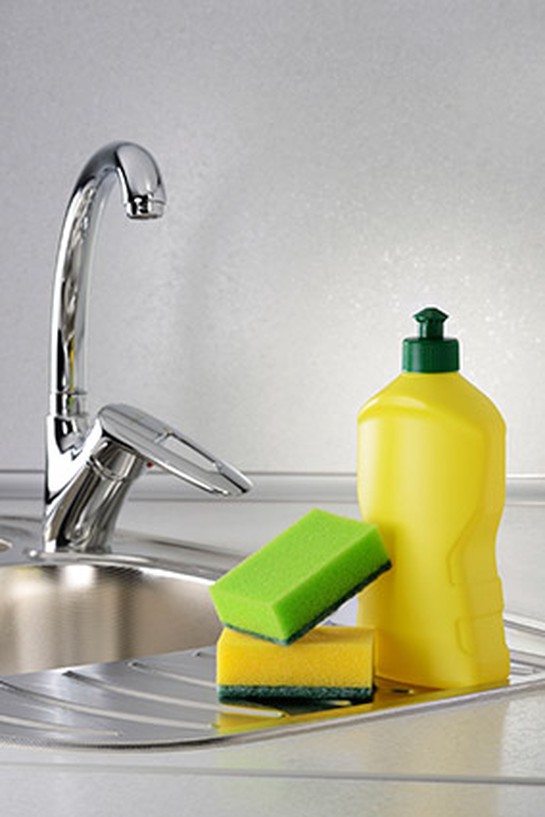The 9 Most Disgusting Places in Your Home
Surprise: Toilets and trash cans don't make the list.
By Lynn Andriani
Kitchen Sponge
We've heard these scrubbers can be a breeding ground for bacteria—and the NSF study confirms that it's not only possible but likely that the one near your sink contains E. coli and salmonella bacteria. NSF found that after three weeks of use, 70 percent of sponges started exhibiting bacteria—but germophobes shouldn't wait that long to clean or replace theirs. A two-minute turn in the microwave can kill most of the viruses, parasites and spores that grow on sponges, and the organization recommends changing to a new one every two weeks or less.
Published 07/08/2013


